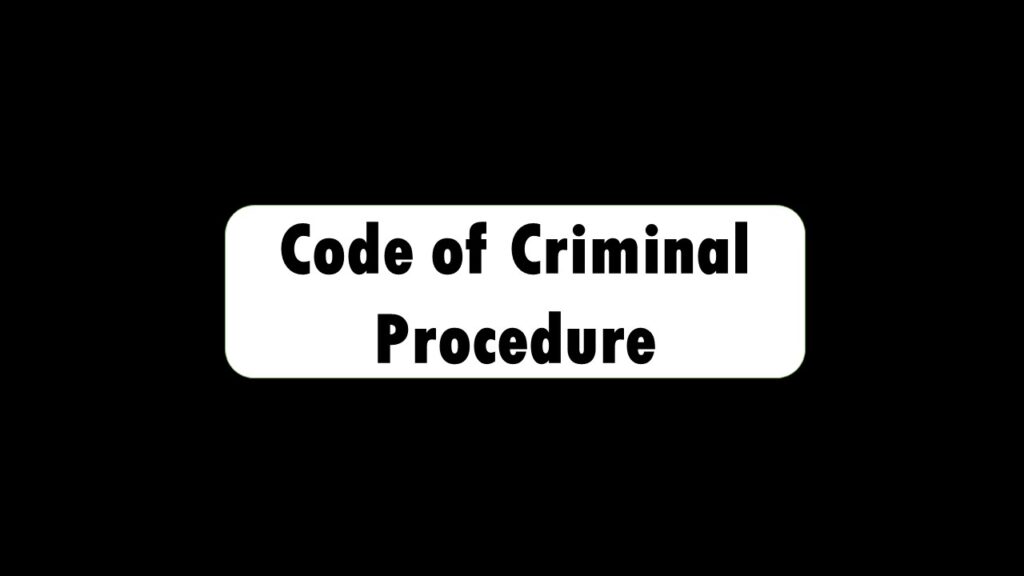R. Unnikrishnan & Anr vs V.K. Mahanudevan & Ors [ 2014 (4) SCC 434] Even erroneous decisions can operate as res-judicata 15. It is trite that law favours finality to binding judicial decisions pronounced by Courts that are competent to deal with the subject matter. Public interest is against individuals being vexed twice over with […]
Even erroneous decisions can operate as res-judicata Read More »




